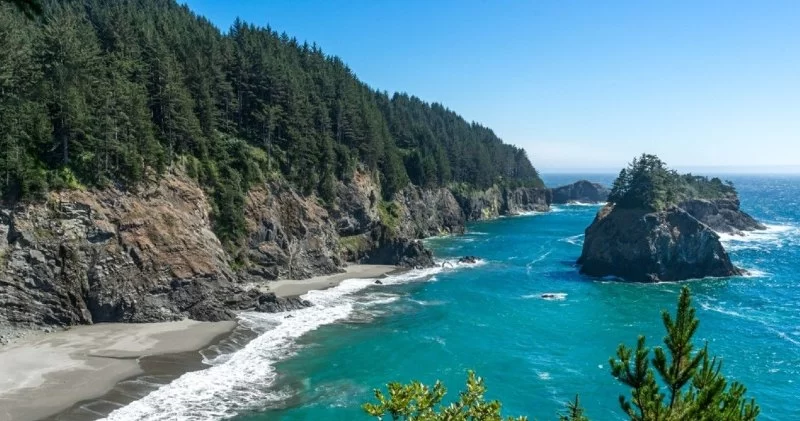
1. Seasonal Rhythm of the Coast
Ask ten locals about the best time to visit the Oregon Coast, and you’ll get eleven answers. That’s the charm here: the coast changes personality with every season. Spring brings wildflower-lined headlands and longer daylight; summer trades sweaters for sun hats and kite festivals; fall glows with warm, wind-calmed days; winter roars with cinematic surf and glassy, crowd-free beaches. This guide keeps the promise in its title—A Guide to the Best Time to Visit the Oregon Coast—by matching your travel style to the season that fits it.
1.1 Weather in one sentence
Expect cool to mild temps year-round, frequent morning marine layers, and microclimates that can flip from mist to sunshine after a 15-minute drive inland or south.
1.2 Crowd patterns at a glance
Peak crowds cluster around June–August and holiday weekends; shoulder months (April–May, September–October) feel relaxed yet lively; deep winter (November–March) is for solitude seekers and storm watchers.
2. Month-by-Month Planner
Use this month-by-month to decide your own best time to visit the Oregon Coast. Pair it with your priorities—sunset walks, tide pooling, whale watching, or moody storm photography.
2.1 March–April
Spring wakes up: gray whales migrate north, headlands turn green, and prices are friendlier. Showers are common; pack layers and waterproof shoes for tide pools.
2.2 May
Classic shoulder season: longer days, blooming coastal trails, and easier restaurant reservations. Great balance of value and vibe.
2.3 June–August
Festival energy, beach bonfires, and the warmest sea-breeze days—plus premier kite flying and family road trips. Book lodging early and expect higher rates.
2.4 September–October
Local favorite window: gentler winds, clear sunsets, and ocean temps at their yearly peak. Trails are dry, seafood menus shine, and crowds thin after Labor Day.
2.5 November–February
Storm-watching season: dramatic waves, moody lighthouses, and bargain stays. Between fronts you’ll catch calm, luminous mornings; bring rain gear and a thermos.
3. North, Central & South: Microclimates that Matter
A Guide to the Best Time to Visit the Oregon Coast changes by latitude. Each section offers a different flavor—choose based on your weather tolerance and wish list.
3.1 North Coast—Iconic Headlands & Photo Ops
Cannon Beach, Ecola viewpoints, and seaside towns with galleries and bakeries. Summer is festive; September offers calmer winds and painterly light for photographers.
3.2 Central Coast—Tide Pools & Marine Life
Think Yaquina Head, Cape Perpetua, and Devil’s Churn. Spring and fall give excellent tide-pooling visibility and fewer people on the trails.
3.3 South Coast—Sun Breaks & Rugged Drama
Port Orford to Brookings sees more winter sun breaks and striking sea stacks. Late fall can be magic: warm afternoons, quiet beaches, and fiery sunsets.
4. Wildlife & Natural Spectacles
Part of deciding the best time to visit the Oregon Coast is aligning with nature’s calendar—whales, tides, and storms each have their moment.
4.1 Whale Watching
Gray whales pass close to shore during spring and winter migrations. Morning ocean conditions are often calmer for spotting spouts from headlands and harbor jetties.
4.2 Tide Pooling
Lowest tides cluster around new/full moons—check local tide charts. Late spring through early fall offers pleasant conditions for anemones, sea stars, and urchins.
4.3 Storm Watching
Winter swells turn viewpoints into nature’s amphitheaters. Choose cliff-top lookouts with railings, respect closures, and never turn your back on the ocean.
5. Practical Strategies for Smart Travel
Even with this Guide to the Best Time to Visit the Oregon Coast, smart planning makes good trips great—especially when weather is variable.
5.1 Packing
Layer up: breathable base, warm mid, waterproof shell. Add quick-dry pants, beanie, gloves, and non-slip shoes for wet rock and driftwood.
5.2 Booking & Budget
Summer and holidays: reserve months ahead. Shoulder and winter: watch for midweek deals and oceanfront steals after storms clear.
5.3 Driving
Coastal highways curve and can fog up; keep fuel topped and download offline maps. Sunrise starts beat traffic and deliver empty beaches.
6. Itineraries & True Stories
Two quick traveler stories to show how timing shapes experience:
6.1 Spring, One Night in Yachats
Alex arrived after a rainburst; the sky tore open into gold. They walked the Cape Perpetua trail in mist, then watched gray whales at dusk from a pullout—proof that spring’s quick-turn weather can deliver cinematic moments.
6.2 September, Three Days from Cannon Beach to Newport
Maya timed a shoulder-season run: crowd-free Ecola viewpoints, picnic on Short Sand Beach, tide pools at Yaquina Head under clear skies. She called it “summer’s encore without the lines.”
6.3 Sample Plans
24 hours (any season): Sunrise beach walk, bakery stop, headland viewpoint, tide pool at low tide, sunset on a wind-sheltered cove.
48 hours (shoulder season): Day 1 trails + lighthouse; Day 2 coastal town browsing, estuary paddle if conditions allow.
72 hours (winter): Storm lookout day, seafood chowder crawl, glass-float hunt on calmer morning, hot tub and book while rain drums the roof.
7. Plan with Refined Travel
If you’re ready to match your style to the season, lean on experts who live this coastline. For tailored lodging picks, tide calendars aligned to your dates, and whale-watching windows, plan with Refined Travel 【 】. We’ll craft your personal version of A Guide to the Best Time to Visit the Oregon Coast—whether that’s a sun-chasing September, a storm-watching January, or a wildflower April. Want to know more? Explore dates, availability, and curated experiences with Refined Travel 【 】 and start shaping the trip you’ll talk about for years.

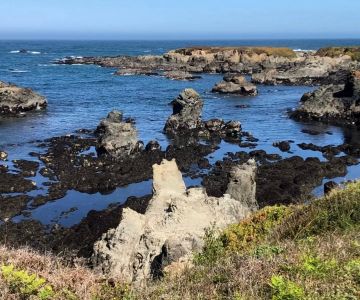
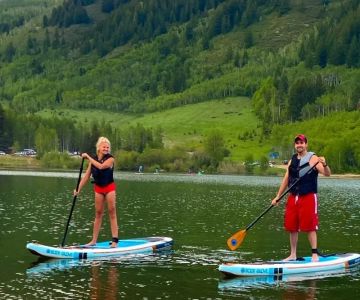
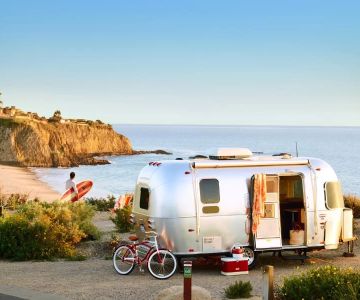
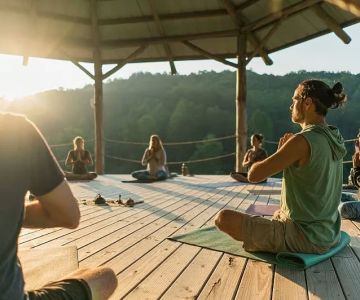
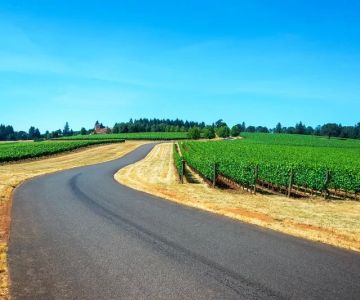
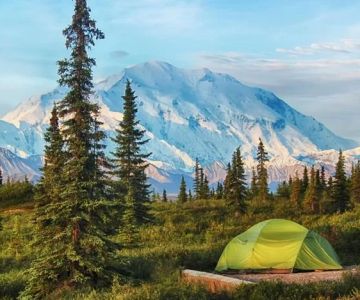
 Haven Hills Campground & Resort5.0 (10 reviews)
Haven Hills Campground & Resort5.0 (10 reviews) Benton KOA Journey4.0 (562 reviews)
Benton KOA Journey4.0 (562 reviews)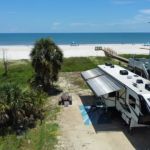 The Crab Claw5.0 (3 reviews)
The Crab Claw5.0 (3 reviews) Riverview Terrace Mobile Home Park0.0 (0 reviews)
Riverview Terrace Mobile Home Park0.0 (0 reviews) Midway RV Park and Cabin Rentals4.0 (18 reviews)
Midway RV Park and Cabin Rentals4.0 (18 reviews) Jennings KOA Holiday4.0 (870 reviews)
Jennings KOA Holiday4.0 (870 reviews)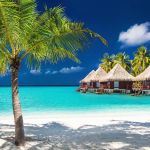 Exclusive Travel Packages for First-Class Travelers: A Guide to Luxury Vacations
Exclusive Travel Packages for First-Class Travelers: A Guide to Luxury Vacations Refined Travel Experiences in Southeast Asia: Explore Luxury & Unique Destinations
Refined Travel Experiences in Southeast Asia: Explore Luxury & Unique Destinations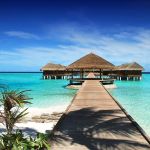 How to Make the Most of Luxury Vacation Deals: Expert Tips for Savvy Travelers
How to Make the Most of Luxury Vacation Deals: Expert Tips for Savvy Travelers Refined Travel Itineraries for Art and Culture Lovers: Explore the World of Art and History
Refined Travel Itineraries for Art and Culture Lovers: Explore the World of Art and History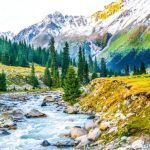 How to Enjoy a Refined Travel Experience in the Mountains
How to Enjoy a Refined Travel Experience in the Mountains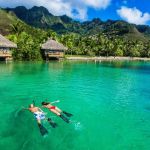 Most Luxurious Destinations for Honeymooners: Top Spots for Romance and Luxury
Most Luxurious Destinations for Honeymooners: Top Spots for Romance and Luxury